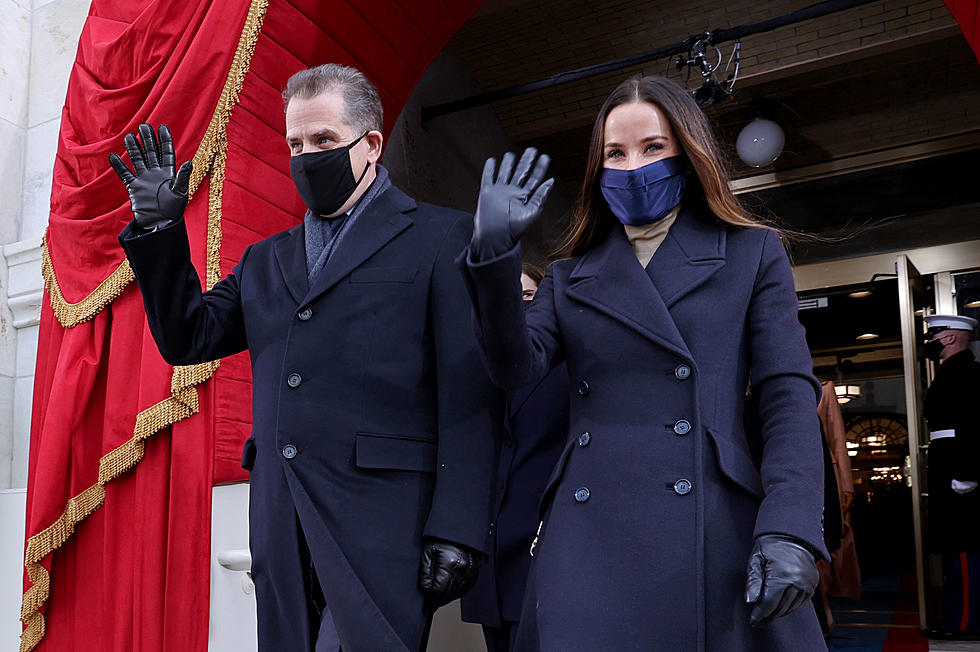60 Percent Ff prison Doctors Have Been Disciplined
NEW ORLEANS (AP) — Nearly two-thirds of the doctors working in Louisiana's prisons have been disciplined by the state medical board for issues ranging from pedophilia to substance abuse.
The Times Picayune reports (http://bit.ly/OyExsE) about 60 percent of the state's prison doctors have disciplinary records, compared with 2 percent of the state's 16,000 or so licensed medical doctors, according to data from the Louisiana State Board of Medical Examiners.
"Aside from being unethical, it is dangerous," said Dr. Sidney Wolfe, a physician and director of health research at the consumer advocacy group Public Citizen. "You're winding up having people who don't have any choice being where they are, getting taken care of by people with demonstrable previous records and problems with the way they practice medicine."
Dr. Casey McVea, the medical director and sole full-time physician at Rayburn Correctional Center, pleaded guilty in 2004 to possessing 41 images of hardcore child pornography and a movie containing prepubescent child porn. He served four years in federal prison and is still on federal probation. The medical board has restricted him to adult patients.
Dr. Randy Lavespere, the assistant medical director at the Louisiana State Penitentiary at Angola, spent two years behind bars for purchasing $8,000 worth of crystal meth from an informant at a Home Depot parking lot. His medical license was reinstated in October 2009 on the condition that he practice in an "institutional, prison or other structured setting."
The newspaper reported the Louisiana State Penitentiary at Angola is a common destination for troubled physicians. One former New Orleans physician accused of "unprofessional conduct" with female patients now practices at the all-male facility.
About 19,000 inmates are housed in Louisiana state prisons. Nearly half are serving more than 10 years, including over 4,500 lifers. Another 21,000 inmates — typically those with shorter sentences — are housed in local jails, where doctors typically work one or two days a week while maintaining private practices.
The Department of Corrections also employs a number of contract physicians, most of whom do not have disciplinary records.
Dr. Robert Marier, executive director of the Louisiana medical board, said doctors with serious issues are allowed to practice medicine "only because we're convinced that's a perfectly safe thing to do."
"In the right setting, with the right level of supervision, they have the skills, and their medical judgment may be quite good, even if they're not doing so well in other aspects of their life, and they're providing a needed service.
"Society has a lot invested in the training of these folks. If we can find some way to get more return on that investment, it's good public policy," he said.
As medical director for the Department of Corrections, Dr. Raman Singh will not hire doctors who have been disciplined for medical incompetence. He does accept drug abusers and sex offenders. Some well-qualified physicians are drawn to prison medicine because of the regular hours and a desire to help inmates.
"I can't find a doctor at all for six months, and that creates a huge liability for the unit and for the institution," Singh said. "To me, it's like running Angola without security. The point is, it's easier to find security officers. It's really impossible to find physicians. When I was new, I was told that 'we just need a body in that job.' Sometimes it's so desperate a situation you just need a body in the job.
"If I had my own hospital, I would hire these doctors in a heartbeat — and I know them firsthand," Singh said. "I don't need a medical board to tell me what license they had."
___
Information from: The Times-Picayune, http://www.nola.com
More From News Talk 96.5 KPEL









